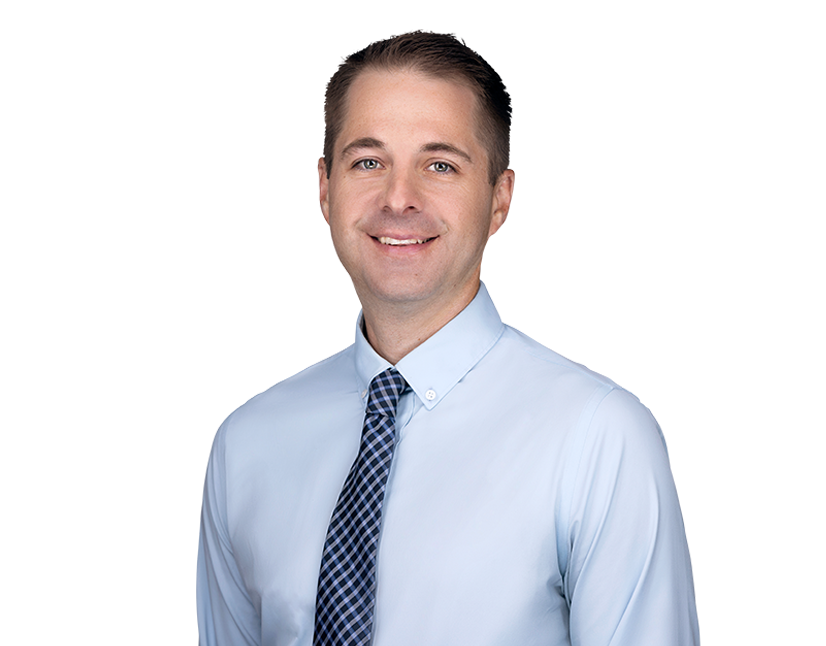The COVID-19 pandemic has clearly uprooted our lives over the last three months. For the vast majority of us, it’s likely the largest disruption to our daily routines that we’ve ever experienced. My children’s school was moved online, we abruptly sent 90% of our workforce home to work, gyms and restaurants closed, and I had to stand in queues just to get the grocery shopping done. And I consider myself very fortunate! My job is secure, I only know one person directly who got sick (he recovered — you can read his story here), and my kids are young enough that this isn’t a major issue for them.
Given all of the chaos around me and the fear of what this could mean for people I care about, I found myself wondering why my anxiety had not increased at all as I’ve settled into this “new normal”. I returned to a book I read years ago called The Paradox of Choice, by Barry Schwartz. As Schwartz puts it in the prologue:
“There is no denying that choice improves the quality of our lives. It enables us to control our destinies and to come close to getting exactly what we want out of any situation. Choice is essential to autonomy, which is absolutely fundamental to well-being. Healthy people want and need to direct their own lives.
On the other hand, the fact that some choice is good doesn’t necessarily mean that more choice is better… there is a cost to having an overload of choice. As a culture, we are enamored of freedom, self-determination, and variety, and we are reluctant to give up any of our options. But clinging tenaciously to all the choices available to us contributes to bad decisions, to anxiety, stress, and dissatisfaction—even to clinical depression.”
Choices & Decisions
At a certain point more choice leads to a greater possibility you won’t make the exact right decision. How do I know which car to buy unless I’ve researched them all? How do I know which show to start bingeing on Netflix? There was an enjoyable discussion online revolving around the question of which song you would listen to if you only had six minutes to live. The most relatable answer to me was someone who chimed in that they would spend the whole six minutes trying to pick a song! Excess choice, especially in the face of uncertainty, can paralyze us.
In the field of behavioral finance, too many options can also be a problem. As an example, in 401(k) plans there is something known as the “1/N” problem. For participants, many default into just splitting their investments equally across whatever the options are. Ten investment options mean they will put 10% into each one; twenty investment options means they will put 5% into each regardless of what those choices are. The problem was so prevalent that many plans started to adapt to solve for it. The government’s Thrift Savings Plan includes just five options, for example, so that a participant would end up with a pretty decent portfolio if they just happened to put 20% into each one.
Decisions During Times of Volatility
But it’s not just retirement plans, of course. A more pressing concern is the decision-making process in times of volatility. Talk about an overload of choices! Do I sell today or tomorrow? Do I sell when the news looks better? When do I get back in? What do I buy instead? Should I be buying more? There will always be more data to process and more decisions to make if we are in reaction mode. That is why the key to removing this anxiety is to make the decision before the volatility comes.
We know what works during market crises: rebalance, tax-loss harvest, revisit the long-term plan to see if any adjustments need to be made to the variables we can control. The decision is already made for us, thanks to the tremendous amount of planning that takes place before the chaos. The planning process and overall philosophy removes the overload of choice and focuses in on the few decisions that matter.
Blessings From Fewer Choices
I think this removal of choice in my home life has been why I’ve been able to remain calm. My choices have been so much more limited and, paradoxically, that’s been freeing! No more picking children up from school and trying to remember which activity we were supposed to go to that evening—now I just know I’m headed home for some hide-and-seek and pool time. The gym is closed—looks like it’s another run, bike ride, or hike. Restaurants are closed—more at home family time and we’re cooking again. Circumstances have made the decisions for me, and I’ve realized that I didn’t really need all those options in the first place.


